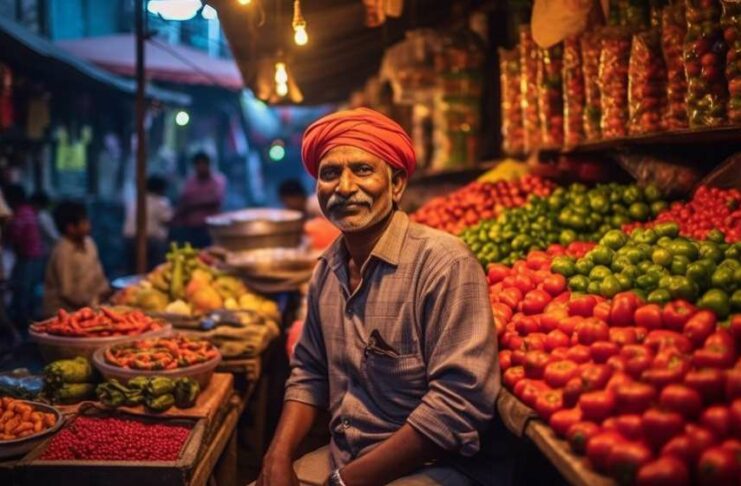Rural communities tend to be left out of economic growth stories, overshadowed by the attraction of big cities. With the rapid increase in urbanization and online stores, rural communities face unique challenges in maintaining conventional retail ecosystems. By having a proper hold on technology, building local connections, and implementing sustainable practices, these local businesses thrive, bringing new life to key areas, and changing the story of rural sustainability.
An important approach to restoring rural communities requires taking advantage of their strengths. Instead of competing directly with urban giants or online platforms, rural businesses can focus on offering access to a wide range of products at affordable prices and customized services that meet the wants and demands of residents. In addition, encouraging collaboration between local businesses is essential to creating a harmonious environment.
Preserving major retail ecosystems requires not only responding to new trends but also preserving the authenticity and traditions that identify Rural Towns. Farmers are central to this story because they produce products that embody the essence of the region. This is where good supply chain management plays a crucial role. One of the main benefits of intelligent supply chain management is its ability to optimize inventory while reducing waste.
The revitalization of rural communities has certain advantages for the villages with respect to the overall economic and social framework.
Preservation of local identity: Rural villages often have a rich history and distinctive cultural identity, which is reflected in the local stores and certain architecture of their main areas. Retaining traditional businesses helps preserve local identity by protecting historic structures and promoting locally produced products, which increases resident pride and engagement.
Job creation and economic stability: Local economies depend mainly on traditional businesses for jobs and revenue. Rural communities can create employment opportunities and increase economic growth by improving their infrastructure, reducing dependence on outside sources, and increasing the adaptation to economic downturns.
Small Business Support: Main Street regenerates and encourages local entrepreneurs and small business owners by providing them with a platform to showcase their products and services. Unlike large retailers, small businesses are often deeply rooted in their communities. They provide personal customer service and make a significant impact on the local economy
Promote sustainable practices: Traditional stores in rural areas can use sustainable practices that benefit both the environment and the local economy. These businesses can lead by example by sourcing things locally and reducing waste through recycling, encouraging sustainable living throughout the community.
Grow Social Relationships: Main Street is a gathering place for community members to meet, socialize, and build relationships. By reactivating basic ecosystems, rural communities create vibrant public spaces that stimulate contact and encourage a sense of belonging, minimize social isolation, and strengthen community bonds.
Better quality of life: Access to goods and services provided by local businesses improves the overall quality of life for rural residents. Whether it’s a neighborhood grocery store, a boutique clothing store, or a family business, these establishments increase the convenience and well-being of residents by reducing the need to travel long distances.
Preserving rural retail ecosystems helps us protect the culture and character of these small towns and promote economic growth and social cooperation. It requires teamwork and long-term commitment, but the rewards are significant. Reactivating rural towns by protecting traditional rural retail ecosystems requires a comprehensive and collaborative strategy that combines tradition and innovation. Ultimately, the renewal of rural high streets is about more than just economic well-being; it’s about preserving the fabric of the community. Remember that the Rural Kirana Store is the heart of the village and investing in empowerment of them will help preserve the heart and soul of the countryside.




